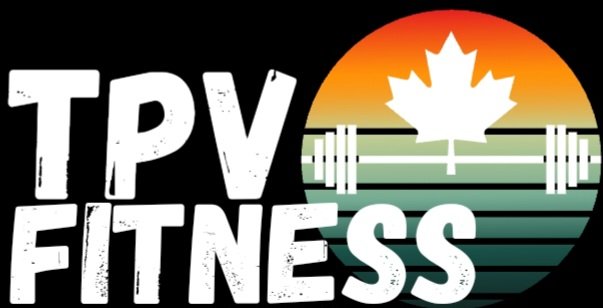Capital T- The Testosterone Hormone: What You Should Know as Women about This Hormone
Testosterone is often associated with masculinity, strength, and virility. However, it’s a hormone present in both men and women, albeit in different quantities. While it’s true that testosterone plays a significant role in male biology, its importance in female health and well-being should not be overlooked. In this blog, we’ll delve into the fascinating world of testosterone, exploring its functions, myths, and its relevance to women’s health.
What is Testosterone? Testosterone belongs to a group of hormones called androgens, primarily produced in the ovaries and adrenal glands in women, and in the testes in men. Despite being labeled as a “male hormone,” testosterone is crucial for various bodily functions in both genders. In women, testosterone contributes to muscle strength, bone density, libido, and overall sense of well-being.
Functions of Testosterone in Women:
- Libido and Sexual Health: Testosterone plays a vital role in regulating sexual desire in women. While estrogen also influences libido, testosterone levels are closely linked to sexual arousal and satisfaction in females. Adequate testosterone levels are necessary for maintaining a healthy sex drive.
- Muscle Strength and Bone Density: Although women typically have lower levels of testosterone compared to men, this hormone still contributes to muscle strength and bone density. Adequate testosterone levels can help women maintain muscle mass, which is crucial for overall physical strength and metabolic health. Furthermore, testosterone plays a role in preserving bone density, reducing the risk of osteoporosis and fractures.
- Mood and Well-being: Testosterone influences mood and cognitive function in both men and women. Optimal levels of testosterone are associated with improved mood, energy levels, and overall well-being. Low testosterone levels in women may contribute to symptoms such as fatigue, mood swings, and decreased motivation.
- ??Metabolic Health: Testosterone plays a role in regulating metabolism and body composition. Adequate levels of testosterone can help women maintain a healthy weight and reduce the risk of obesity and metabolic disorders.
Dispelling Myths About Testosterone in Women:
- Testosterone is only for men: While testosterone is often associated with masculinity, it’s an essential hormone for women as well. Women naturally produce testosterone, albeit in smaller amounts than men. Understanding the role of testosterone in female physiology is crucial for promoting overall health and well-being.
- Testosterone will make women overly masculine: One common misconception is that testosterone supplementation will cause women to develop masculine features, such as facial hair growth and a deeper voice. However, when testosterone therapy is administered under medical supervision and in appropriate doses, the risk of virilization is minimal. In fact, for women with certain medical conditions such as low libido or decreased bone density, testosterone therapy can be beneficial when prescribed judiciously.
- All symptoms in women are due to estrogen: While estrogen is often the focus when discussing female hormones, testosterone also plays a significant role in women’s health. Symptoms such as low libido, fatigue, and decreased muscle strength can be indicative of low testosterone levels in women.
Testosterone is a vital hormone for women’s health and well-being, influencing various aspects of physical, emotional, and sexual function. While it’s often overshadowed by estrogen, understanding the role of testosterone in female physiology is essential for promoting optimal health. By dispelling myths and misconceptions surrounding testosterone, women can take proactive steps to maintain hormonal balance and enhance their overall quality of life. If you have concerns about your testosterone levels or hormonal health, consult with a healthcare professional for personalized guidance and support.
The last segment of the hormone series I will be writing about is the mighty cortisol (stress) hormone.
Coach Steph.
Reference: Openai.com, chat3.0, Hormonal Health 101

